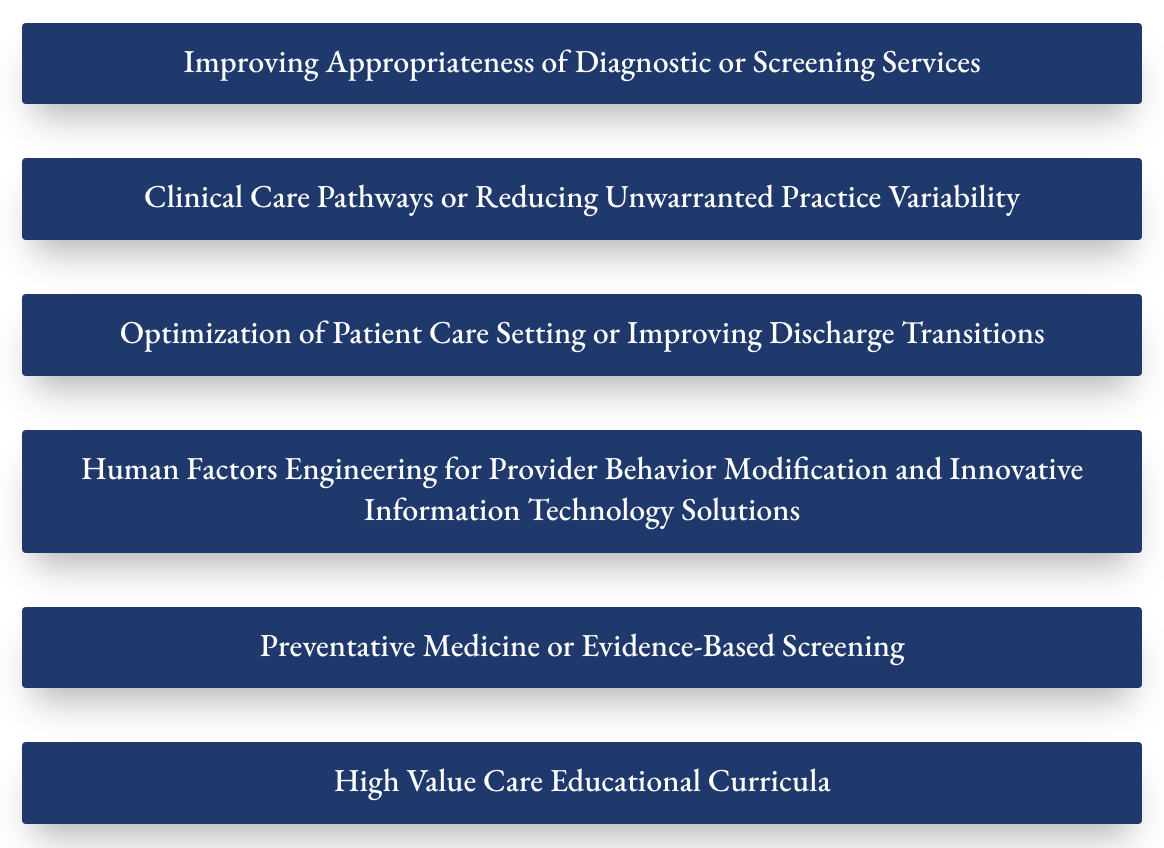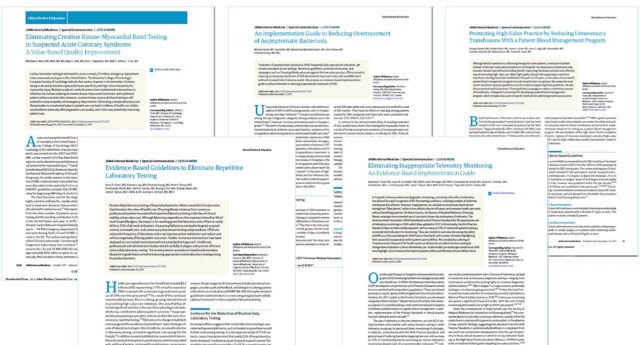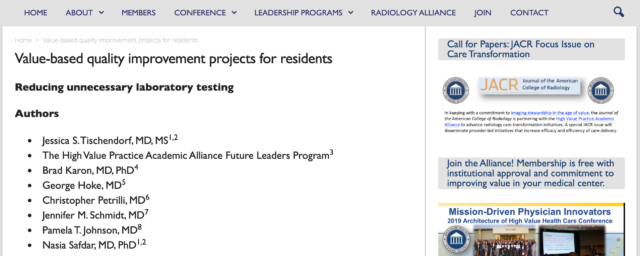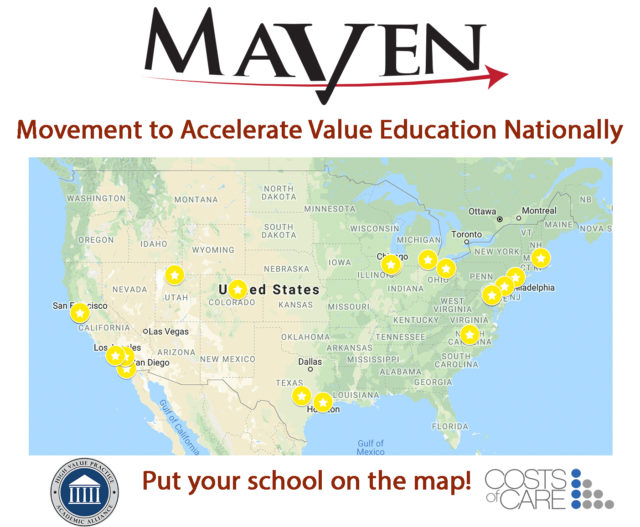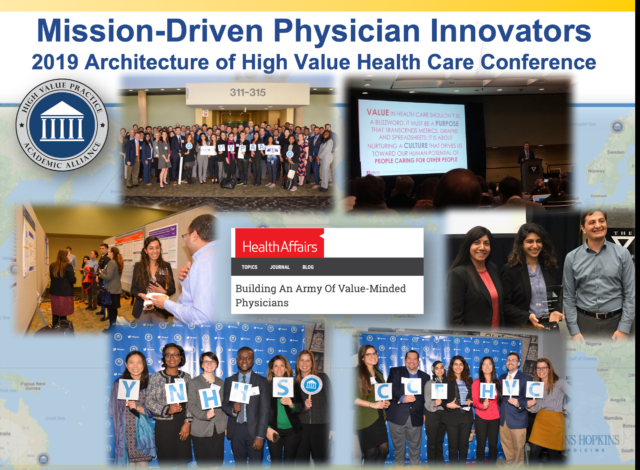From the 2023 HVPA National Conference
Devorah Edelman MD (Icahn School of Medicine at Mount Sinai), Emily Seltzer DO
Background:
The new ACGME requirements in 2022 challenged residents to engage in quality improvement (QI) directly and actively. This critical need to educate our trainees in implementing sustainable system-based changes can be difficult to achieve. Our large internal medicine residency program in New York City has faced numerous obstacles to success in this arena, particularly in our ambulatory care sites. A major challenge is enacting enough projects to include 130-140 residents with varied experiences and interests while limiting the number to ensure faculty mentorship is feasible and initiatives are maintained. Additionally, more junior residents are often interested in problems and interventions so large that they are rarely attainable or sustainable. Our internal anonymous survey from 2021 and 2022 revealed that only 54-56% of residents felt they had the opportunity to participate in QI projects during their training directly.
Objective:
We aim to improve our GME educational curriculum in QI by expanding the percentage of residents directly involved in a project. To do this, we piloted a program involving peer leaders and academic sessions consistent with adult learning theory.
Methods:
We selected four senior residents as “Translational QI Innovators and Leaders” to facilitate QI projects in an ambulatory setting. The leaders completed web-based training in QI methods and high-value care education. Notably, the leaders were tasked with education and facilitation of QI rather than direct involvement in the projects. Using group communications and reverse brainstorming, they engaged their fellow residents to discuss changes they were interested in seeing in the clinic. After reviewing the topics’ popularity, appropriateness, and feasibility, the leaders chose three prompts to discuss with senior residents during their academic half-day (AHD). The leaders then presented problem statements to PGY2 and PGY3 residents and coached them to develop process maps and prioritization matrices. They were encouraged to consider equity and healthcare disparities during these sessions. During their following AHD with PGY1 residents, they worked with the QI leaders to translate the senior residents’ ideas into a S.M.A.R.T. objective and developed feasible PDSA cycles. The leaders were then responsible for facilitating specific roles and timelines to ensure the progression of the projects.
Results:
In the first five months since establishing this initiative in January of 2023, we already have three ambulatory QI projects presented by residents and approved by our internal QI council. Our four QI leaders have independently created action plans with residents based on their individual interests and specific schedules. In their evaluations, 27% of our PGY-1s have already achieved competency in QI, a milestone that we hope all our residents achieve by the end of the PGY-3 year.
Conclusions:
Although the importance of QI in residency training is invaluable, complex barriers, including time, education, resources, and interest, are ever-present. Our pilot initiative has already signaled improvements in providing direct resident experience in QI projects.
Clinical Implications:
Our original initiative focuses on harnessing residents with prior experience in QI and creating a curriculum to improve their leadership and educational skills. At the same time, the peer relationship provided unique opportunities to establish resident buy-in and create an action plan with an intimate understanding of the realities of a resident schedule and goals. The success of this project directly improves the value of our QI curriculum in teaching residents first-hand how to improve the care they deliver.
